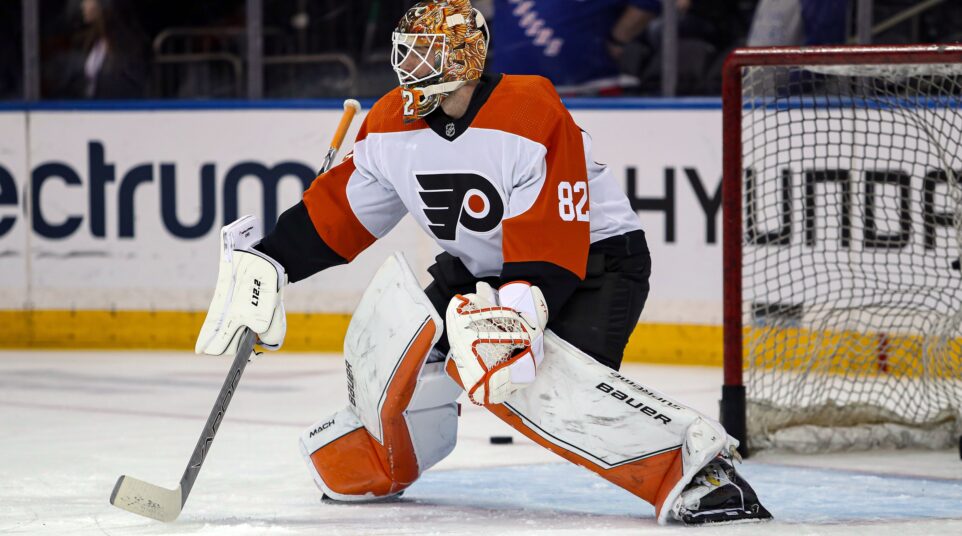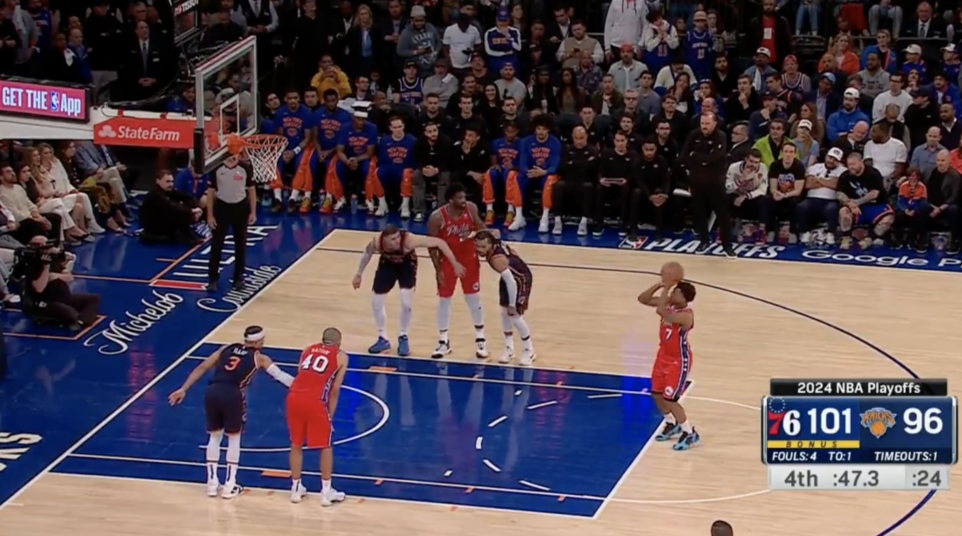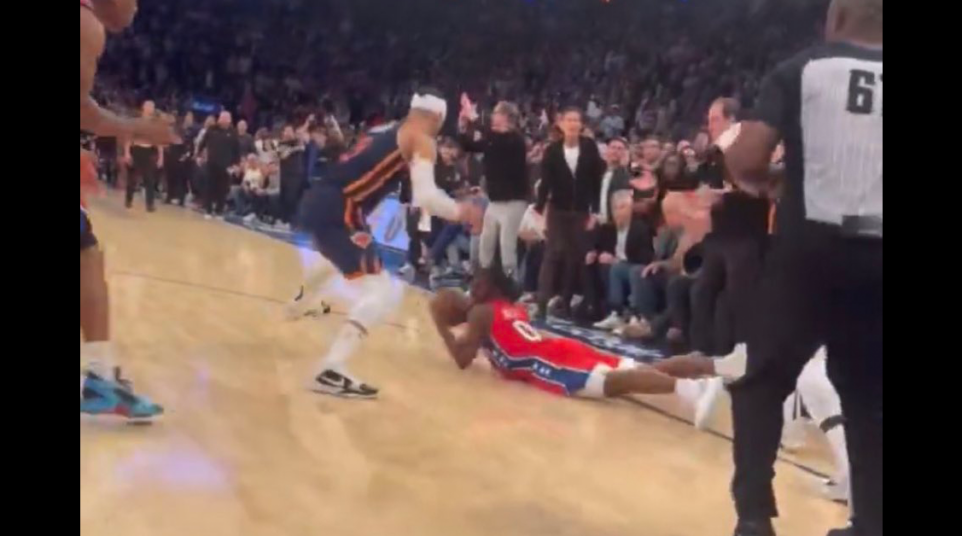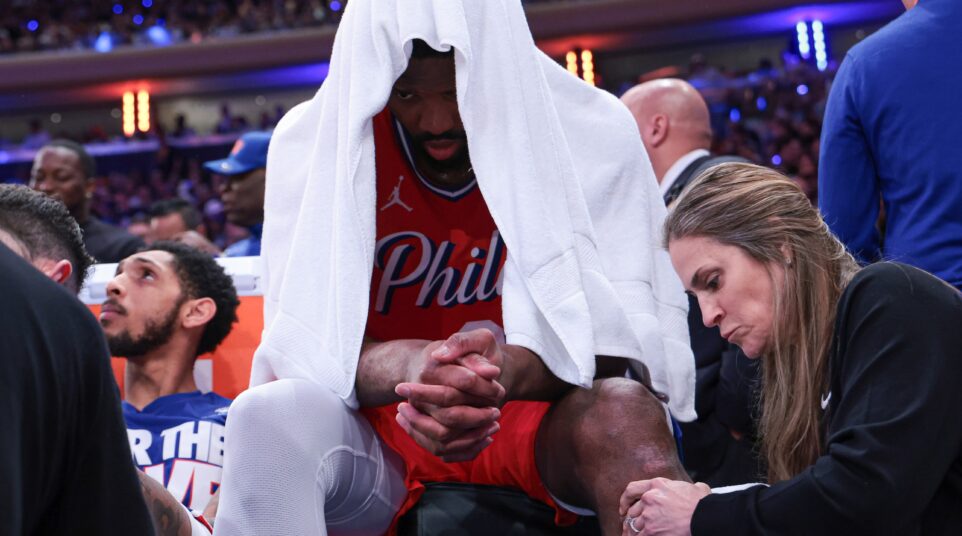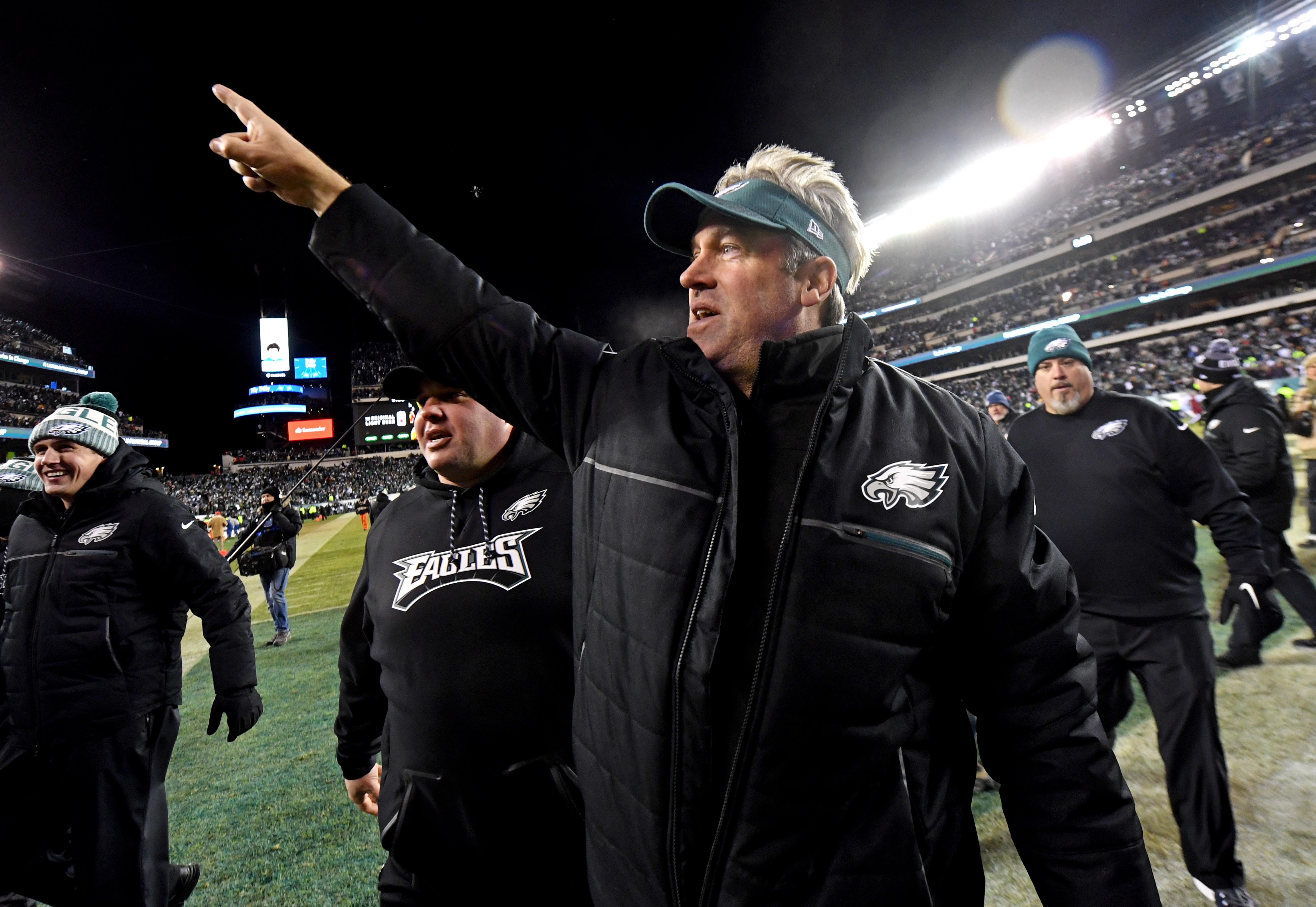
Doug Pederson Is the Ultimate Underdog
For a team that has embraced the underdog role, it’s fitting that the Eagles are led by Doug Pederson. While his team is relatively new to the feeling of being discounted, Pederson was fending off the skeptics long before Carson Wentz was lost for the season with a torn ACL.
Pederson’s first stint in Philadelphia was as a quarterback. Andy Reid imported him from Green Bay in 1999 to pilot the offense until Donovan McNabb was ready to take the reins. Pederson thought he would lead the team for the season. He was relegated to the bench by Week 10.
After his playing career ended, Pederson got involved in coaching. Reid brought him back to Philadelphia as an offensive quality control coach in 2009. Pederson followed Reid to Kansas City when the Chip Kelly revolution arrived at the NovaCare Complex in 2013.
The tumultuous Kelly years left the franchise in disarray. Kelly had mortgaged the future of the franchise during his one season in charge of personnel decisions. With Howie Roseman exiled to an underground bunker at Eagles headquarters, Kelly moved quickly to reshape the roster in his image. Gone were Nick Foles and LeSean McCoy; in their place were Sam Bradford and Kiko Alonso. The signings of Byron Maxwell and DeMarco Murray did not have the desired impact, to say the least.
At some point during the rocky 2015 season, Lurie had lost his appetite for revolution. He longed instead for the stability of the Andy Reid years. What better way to relive the Reid era than by plucking an apple from Big Red’s coaching tree?
And so Lurie targeted a Reid disciple. However, John Harbaugh wasn’t available. Instead, the Eagles settled on Doug Pederson.
Pederson had risen to offensive coordinator by 2015. Reid even let his former quarterback call plays during the second half of some games.
Needless to say, the Pederson hire did not inspire much faith in the Eagles fan base. The hot names on the coaching market, like Adam Gase and Todd Bowles, settled elsewhere. Ben McAdoo stayed put in New York. Pederson had not been granted an interview by any other team in need of a head coach. He wasn’t even the most touted prospect on Reid’s coaching staff; that honor belonged to special teams coordinator Dave Toub.
During his introductory press conference, Pederson was peppered with questions about the play-calling strategy that doomed the Chiefs in their playoff loss to the Patriots. Pederson’s decision to call the plays as head coach was met with skepticism, especially since he was able to hire an established coordinator in Frank Reich. He did not have input in the decision to hire defensive coordinator Jim Schwartz, a strong personality who could overshadow the rookie head coach.
The media sharks were immediately swimming around the chum that the Eagles dangled into the water. There was no way Pederson was going to last beyond two seasons.
Undaunted, Pederson patiently rebuilt the Eagles offense. Roseman deftly moved up in the first round of the draft and secured Carson Wentz, the quarterback of the future who quickly became the quarterback of the present.
Pederson and Wentz developed a rapport that propelled the Eagles to a surprising 3-1 start. But the 10-game suspension of Lane Johnson destabilized the offensive line and stunted Wentz’s progress. The team limped to a 4-8 finish.
It was a frustrating campaign, and Pederson shouldered his share of criticism. Pederson’s bashers seemed to forget he was shepherding a young quarterback (who played FCS college football) through his first season in the NFL. The ramifications of the Johnson suspension and the challenges of installing a new offensive system were never properly factored into assessments of the coach.
Former NFL executive Mike Lombardi emerged as the harshest critic of Pederson. “Everyone knows Pederson isn’t a head coach,” Lombardi declared. “He might be less qualified to coach a team than anyone I’ve seen in my thirty-plus years in the NFL.”
.@mlombardiNFL wants to know if the Eagles will admit their mistake or if they'll throw away 2017 by sticking to the Pederson principle pic.twitter.com/Vw3ubDzBic
— The Ringer (@ringer) September 3, 2017
Mind you, Art Shell’s second stint with the Raiders occurred in that time frame. Rich Kotite was a head coach – twice! – in that period. Bobby Petrino had a cup of coffee with the Atlanta Falcons before running back to the college game in the dead of night. Rod Marinelli presided over an 0-16 season in Detroit, while a litany of coaches tried and failed to establish a winning program in Cleveland.
It was an outrageous opinion offered by a hot take artist masquerading as an NFL expert. Not to be outdone, the highest-paid troll in the sports media landscape offered his own dismissing comments after the Eagles’ Week 1 win in Washington:
The Eagles gave Doug Pederson a Gatorade bath for beating Kirk Cousins in Game 1 on a bad call??? All you need to know.
— Skip Bayless (@RealSkipBayless) September 11, 2017
What we needed to know was that the players in the locker room believed in their head coach. And their belief translated into an incredible season. Wentz didn’t just avoid a sophomore slump; in his second season, he established himself as an MVP candidate and one of the NFL’s elite quarterbacks.
Of course, Lombardi refused to budge from his original position. Pederson had nothing to do with the team’s success. The Eagles’ turnaround was entirely attributable to Wentz and Jim Schwartz’s defense.
It was another idiotic assertion that laid bare the absurdity of the narratives that define the game, but do little to explain it.
The truth is that Pederson, along with Reich and quarterbacks coach John DeFilippo, played an instrumental role in Wentz’s meteoric rise. Pederson tailored his offensive scheme to maximize Wentz’s abilities. He installed plays that Wentz ran at North Dakota State, including that incredible touchdown pass to Corey Clement in the Monday Night game against Washington. Wentz excelled on third down and carved up defenses that dared to blitz. While it might be fashionable to ascribe these skills to game-day athleticism, the truth is that success on Sunday is dictated by preparation from Monday through Saturday. To write off the contributions of the head coach and play caller in that process is to ignore reality.
Nevertheless, Pederson’s detractors persisted.
When Wentz limped off the field at the LA coliseum, a miasma of doubt enveloped the Eagles’ season. Nick Foles’ uninspiring play against the Raiders and Cowboys did not temper the angst that Eagles fans felt about what was looking like a doomed playoff run.
With two weeks to prepare, Pederson developed a game plan that played to Foles’ strengths. Foles picked apart the Falcons secondary with read options and play action passes. The Falcons needed to respect the run in those situations because Pederson had done an excellent job establishing a ground attack early in the game.
Pederson also schemed creative ways to get the football in the hands of his playmakers. The coach dipped into the Chip Kelly archives and plucked out one of those chest passes to a receiver in motion; the play went to Nelson Agholor, who picked up a crucial first down. Pederson also called a creative fake sweep-turned-inside-handoff for Agholor, who took the ball inside the 5-yard line and set up the Birds’ lone touchdown.
Pederson strategically pushed the pace, jumping into a no-huddle attack in order to maximize personnel advantages and tire out an undersized Falcons defense. The result: the hesitant quarterback Eagles fans witnessed for 5 quarters was replaced with a competent passer who kept his eyes downfield, navigated the pocket, and found open receivers. Foles wasn’t great, but he was steady. He extended drives, kept Matt Ryan and the Falcons offense off the field, and didn’t turn the ball over (though he did benefit from some luck in that department).
Foles was steady and decisive, just like the guy patrolling the sidelines. Coaching in his first playoff game, Pederson eschewed the conservative philosophy that doomed his mentor, Andy Reid, in Reid’s first playoff game in Philadelphia. He did not hesitate to go for the touchdown on 4th-and-goal, and his offense delivered with six points on a well-blocked Blount run to the perimeter. More importantly, Pederson showed faith in his quarterback, whose presence in the starting lineup directly resulted in the team entering the game as a home dog. Foles rewarded the trust of his head coach with a 23-30 passing performance; that works out to a 76.67 completion percentage.
In the end, one home game stands between Philadelphia and a trip to Minneapolis. It will be fashionable, and partially correct, to attribute the victory to Schwartz’s defense, but make no mistake: this win belongs as much to Pederson as anyone else in the Eagles organization.


